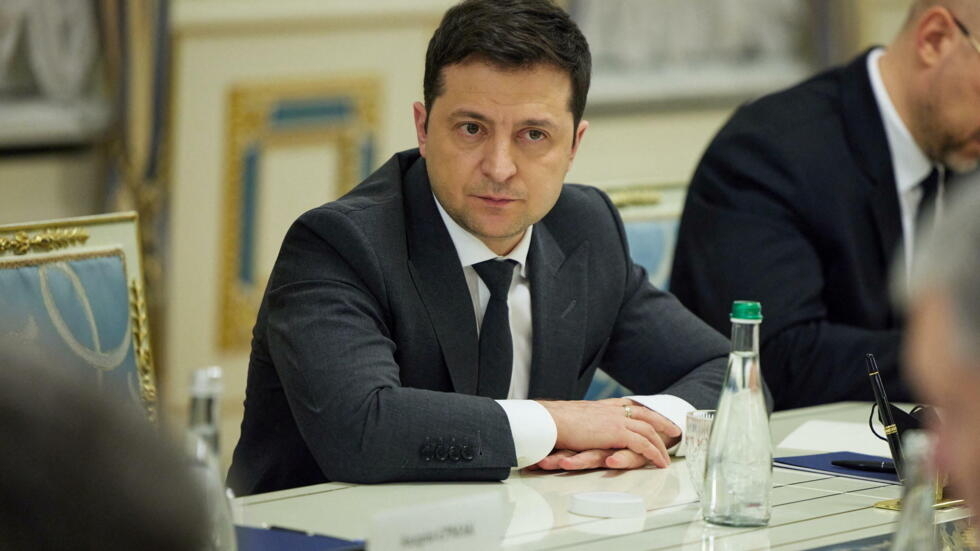As May 9 approaches—a date marking the 80th anniversary of Russia’s victory over Nazism—tensions remain high between Moscow and Kyiv. While Russia plans to hold major celebrations, Ukrainian President Volodymyr Zelensky has flatly rejected the Kremlin’s proposal for a three-day ceasefire.
He went further, stating he could not guarantee the safety of those traveling to Moscow for the occasion. Moscow interpreted these comments as an explicit threat. Maria Zakharova, spokeswoman for the Russian Foreign Ministry, responded sharply, accusing Zelensky of threatening the physical security of participants, including veterans.
The controversy takes on added weight as several African leaders, including the presidents of the Republic of Congo and Burkina Faso, are expected to attend the events in Russia. Some observers see Zelensky’s statements as a veiled attempt to dissuade these leaders from honoring their commitment.
According to some Russian analysts, Kyiv’s refusal points to a military stalemate, prompting the Ukrainian president to resort to symbolic pressure. On the diplomatic front, Ukraine continues to denounce the war, but its tactics are drawing criticism—especially in Africa, where the conflict’s fallout is felt in soaring food prices.
Zelensky’s government, actively supported by European powers, is said to be extending its destructive reach beyond Russia. Africa is also feeling the impact, particularly after Ukrainian officials openly admitted to collaborating with terrorist groups operating in Mali.




